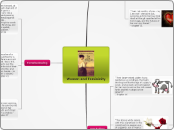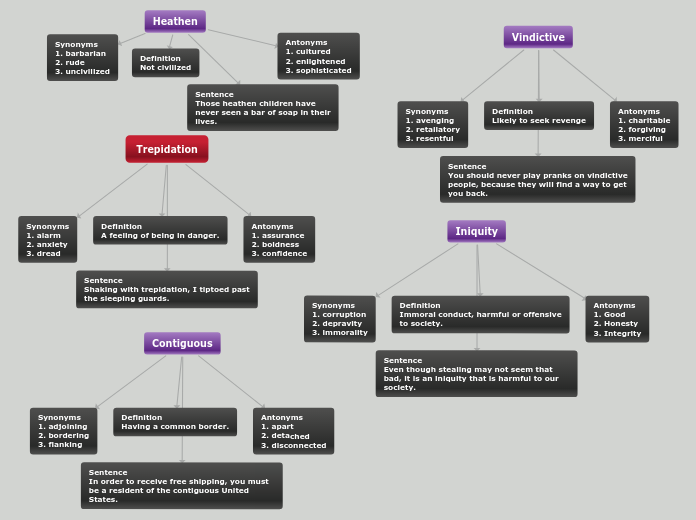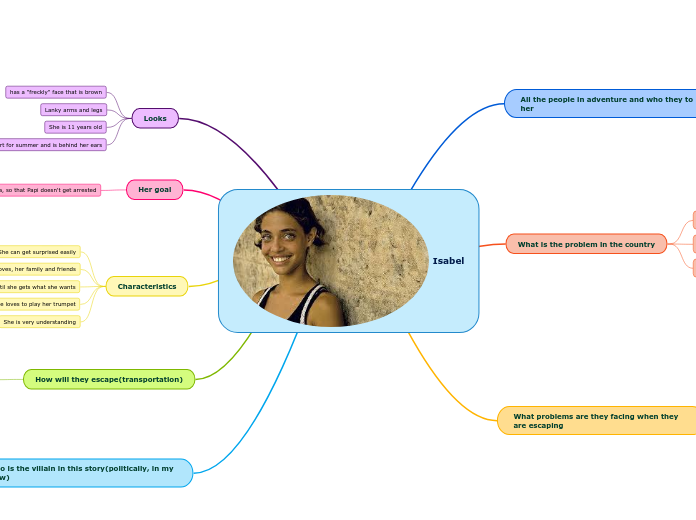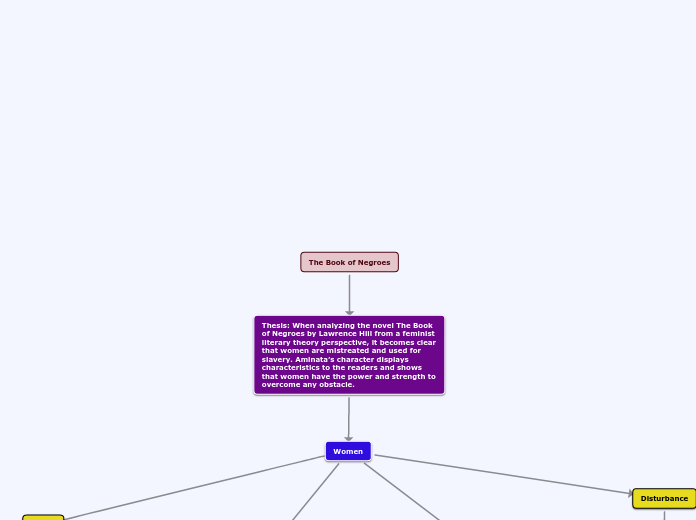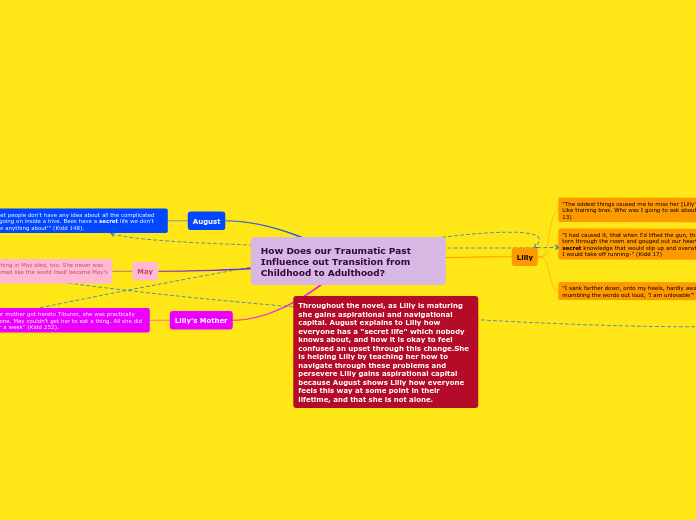作者:Maddie Baumgardner 11 年以前
2157
Tess of the D'Urbervilles
The narrative delves into the complexities of symbolism as it relates to women and femininity. Tess, a central character, is initially depicted wearing a white dress, which symbolizes her innocence and purity.
